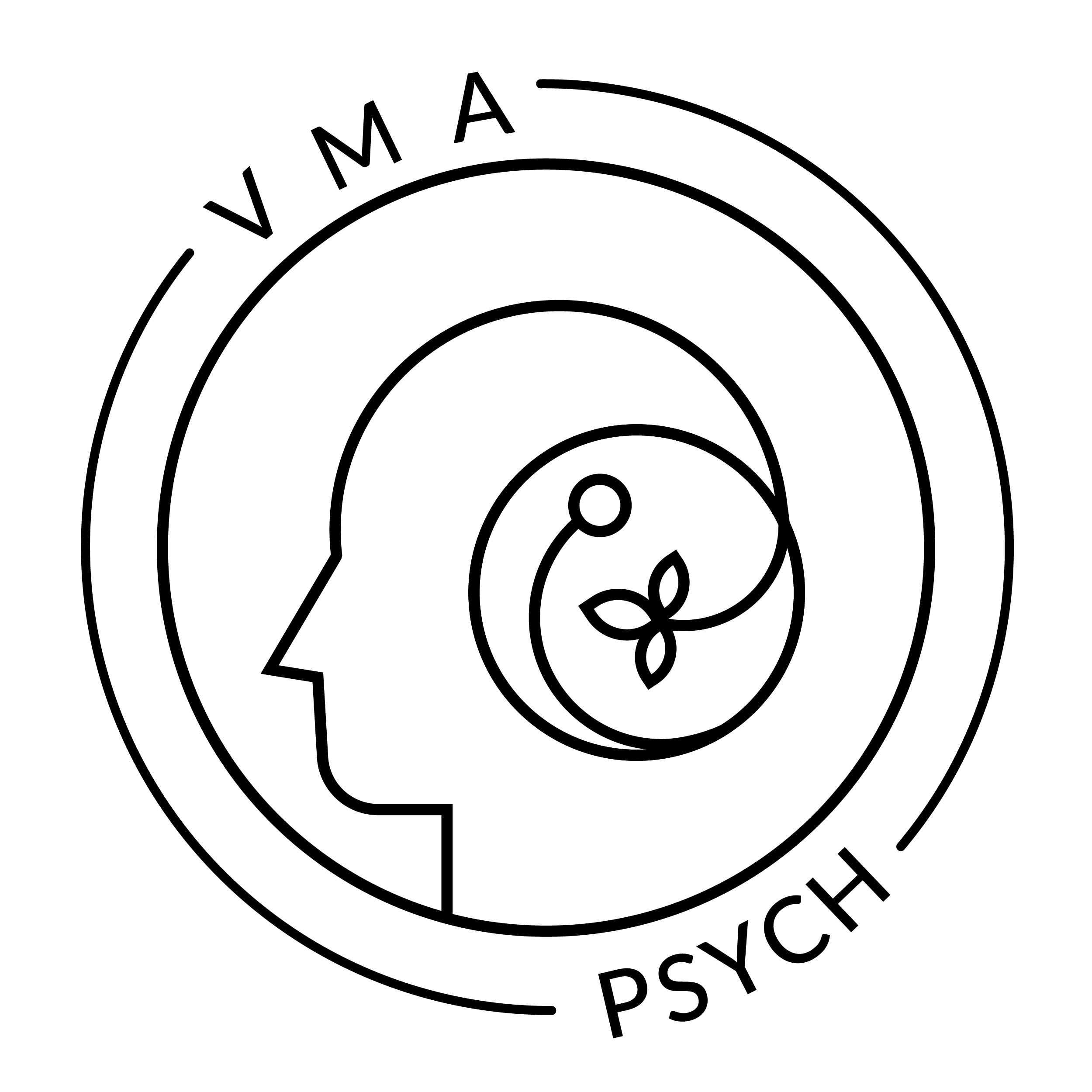Does Obsessive-Compulsive Disorder (OCD) get worse with age? While there’s not enough evidence to support that age plays a major role in determining the longevity of OCD, the answer to this question can depend on the individual based on numerous factors. For some, symptoms may worsen with age due to increased life stressors or changes in circumstances. Others might find their symptoms stabilise or even improve with effective treatment, such as therapy or medication. In this article, we’ll explore this question, addressing common misconceptions and the factors that may influence how OCD manifests as individuals grow older.
Understanding OCD
Obsessive-Compulsive Disorder (OCD) is characterised by recurrent and intrusive thoughts, urges, or images that cause anxiety or distress (obsession), followed by a repetitive behaviour or mental act aimed at preventing or reducing this anxiety (compulsions). These compulsions are time consuming and often cause distress for the individual with the disorder. Compulsive behaviours may be, but are not limited to, hand washing, checking and re-checking, praying, counting, or repeating words as a method of neutralising or preventing the obsessive anxiety.
The manifestation of OCD can also change with different life stages. For example, children may exhibit specific fears or rituals, while adults might experience more complex thought patterns and compulsions related to their responsibilities. It is important to note that children may not be able to properly articulate their obsessive anxieties or compulsive behaviours, which can make early intervention difficult. It is important to work with a mental health professional for a proper diagnosis if you think your child is showing signs of obsessive-compulsive disorder.
Common Myths About OCD and Aging
A common misconception is that OCD inevitably worsens with age. While some may experience a gradual increase in symptoms, others find significant relief through effective management strategies. Each individual's journey with OCD is unique, so it’s essential to avoid broad assumptions based on age alone.
Another myth is that OCD is solely a childhood disorder that fades over time. In reality, OCD can persist well into adulthood or even emerge later in life. Dispelling these myths is crucial for fostering understanding and reducing the stigma around OCD.
The Nature of OCD Over Time
OCD evolves as people age. Some individuals experience reduced symptom intensity, while others may notice an increase influenced by life experiences, coping strategies, and mental health. Childhood coping mechanisms may be less effective as adult responsibilities grow, potentially leading to heightened symptoms.
OCD patterns can also vary by age. Younger individuals may benefit from exposure and response prevention (ERP), while older adults could find exposure to life stressors exacerbate their symptoms. Recognizing these shifts helps in adapting treatment to meet each individual’s changing needs.
If you or a loved one is battling with Obsessive-Compulsive Disorder, Book a consultation with VMA Psych today. Our experienced team is here to help you navigate this journey to overcoming OCD and provide you with the support you need.
Factors Influencing OCD in Older Adults
Several factors can influence how OCD presents in older adults:
Biological Factors: Changes in brain chemistry and hormones with age can influence mental health. Neurotransmitter imbalances, especially serotonin, can contribute to mood and anxiety issues, potentially exacerbating OCD symptoms.
Psychological Factors: Major life changes, such as retirement, loss of loved ones, or health issues, can introduce stress and trigger OCD symptoms. Past traumas can also resurface during stressful times, further complicating the condition.
Social Factors: Many older adults face social isolation, especially if they lose close relationships or their support systems weaken. This isolation can intensify feelings of anxiety and lead to worsening symptoms.

Management and Treatment Across the Lifespan
Ongoing treatment is crucial for managing OCD symptoms effectively. Therapy, particularly cognitive-behavioural therapy (CBT) and exposure and response prevention (ERP), has proven effective in treating OCD across all age groups. Medication may also play a vital role in symptom management.
As individuals age, treatments may need to be tailored. Supportive caregivers and family members can assist by:
Encouraging open discussions about symptoms.
Helping maintain regular therapy appointments.
Offering patience and understanding as loved ones manage their condition.
When to Seek Help
Recognizing when to seek professional help is essential for managing OCD effectively. Signs that indicate the need for intervention include:
Significant distress caused by obsessions or compulsions.
Interference with daily activities or responsibilities.
Deterioration of mental health or relationships.
Early detection and intervention are key to improving outcomes. If you or someone you know is struggling with OCD, reaching out to a mental health professional can make a significant difference.
Welcome to VMA Psych.
Your trusted provider of exceptional mental health services in the GTA & beyond. Learn More
With 40+ years as Toronto's leading psychologists, we guide individuals through life's complexities, offering specialized services for a brighter future.




















